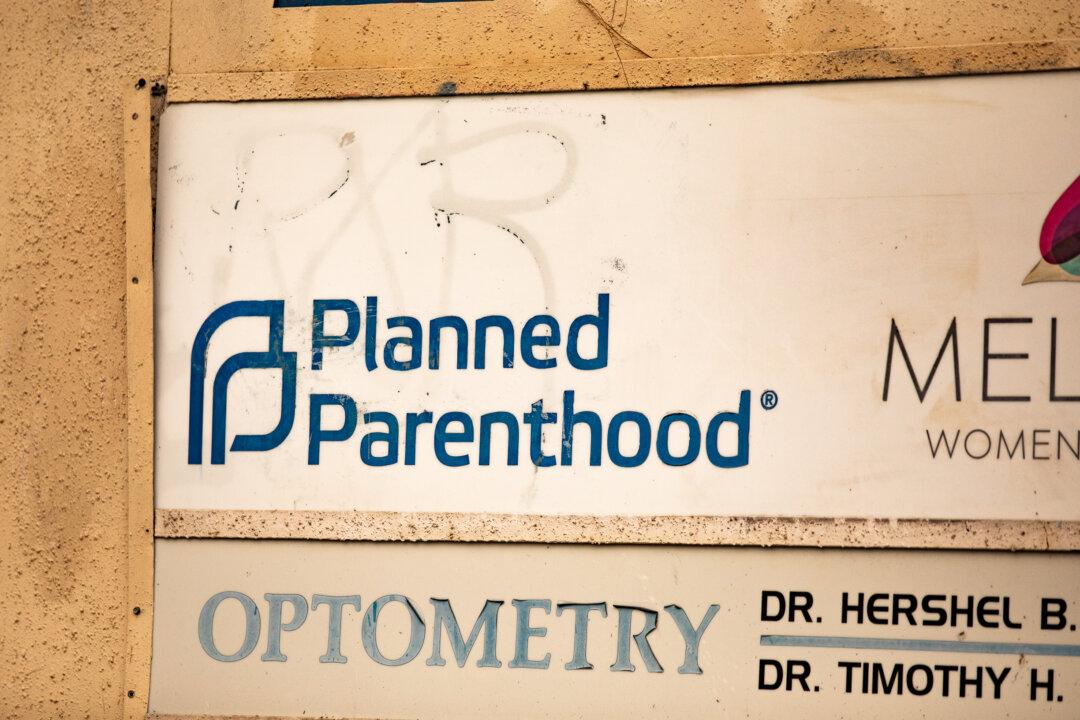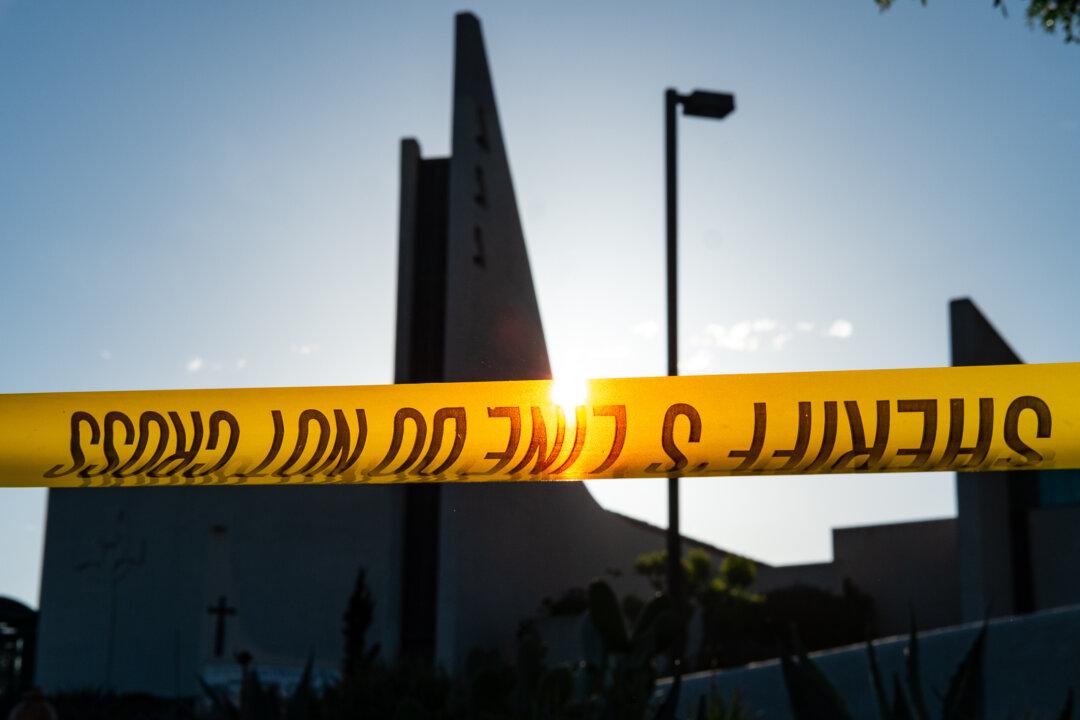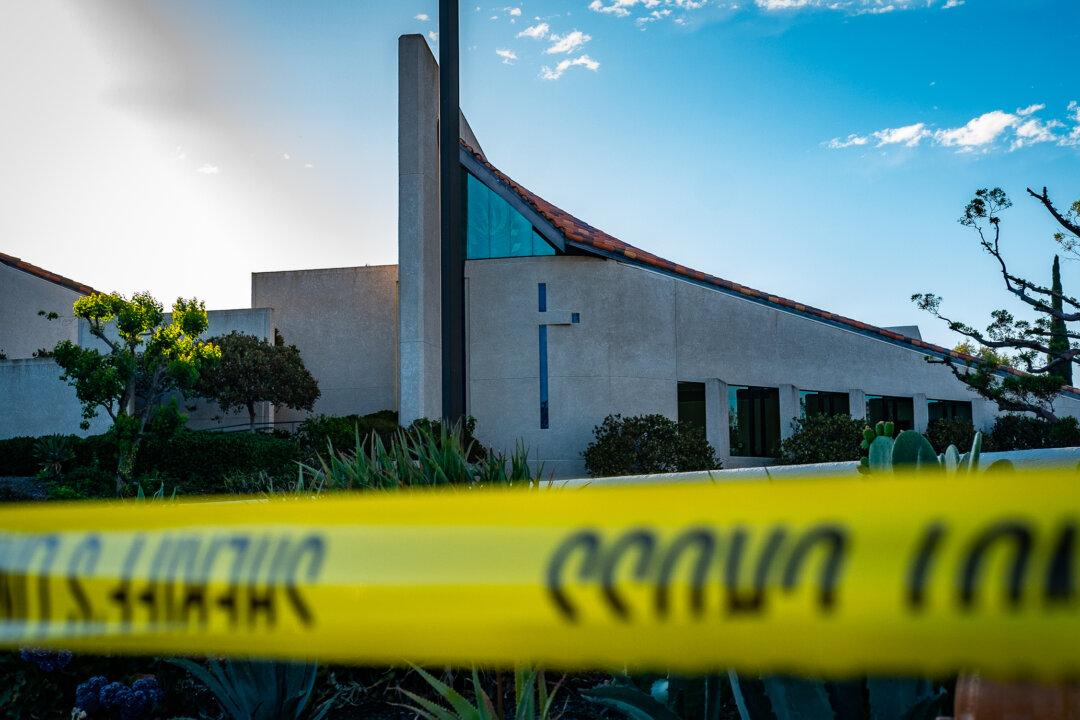SACRAMENTO—A proposed bill to bar criminal prosecution into the suspicious death of an unborn or newborn baby was passed by a state assembly committee on April 5.
Buffy Wicks (D-Oakland) introduced Assembly Bill (AB) 2223 to prevent pregnant women from being prosecuted for either terminating a pregnancy or losing their baby, she said during an April 5 Judiciary Committee meeting.




